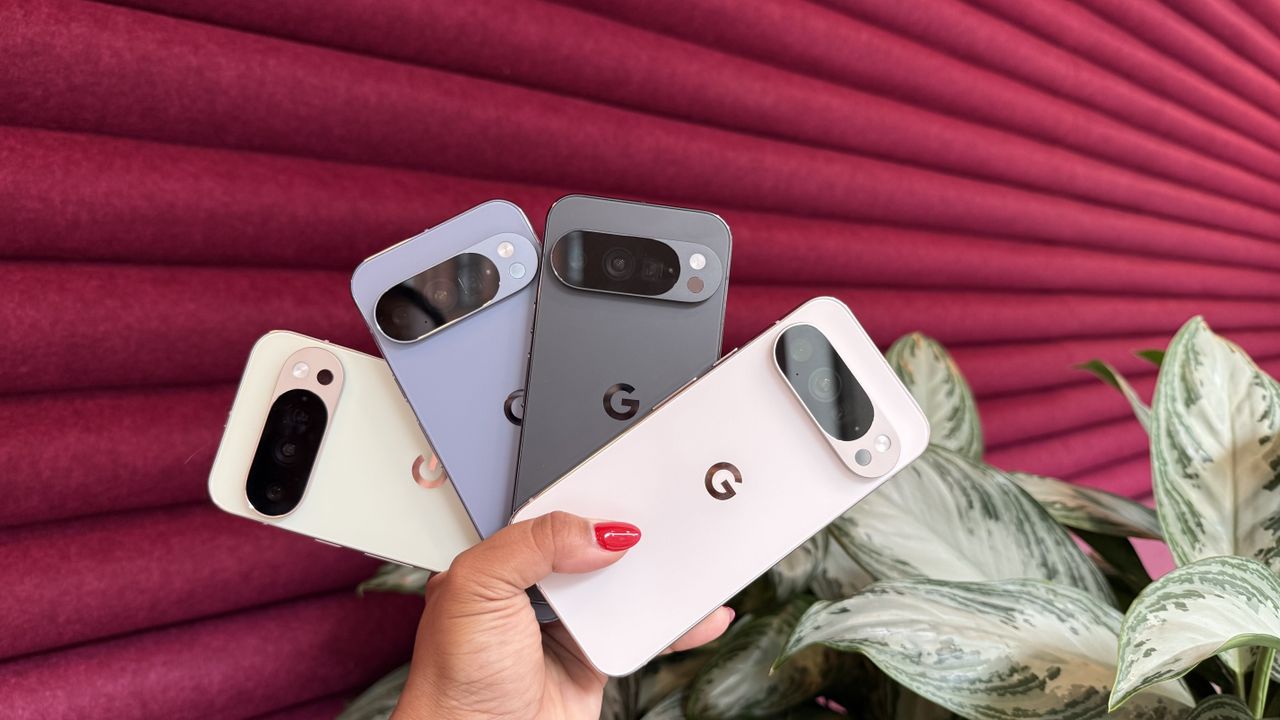
Google's Pixel is far from the best-selling smartphone. It will never be the best-selling smartphone unless Google builds a model under $300. But its sales have spiked since 2022 in ways that any company making consumer devices would love to see.
I'm not going to go over all the numbers; you can read those here. I want to point out that a brand that sold less than 1% of "premium" devices in the U.S. is now selling about 7% of those same phones. That's a 13,900% increase (% change = today-2022/change if you want to do the math yourself), and it's astounding even though the number started so low to begin with. Statistics are fun. (Editor's note: No, they're not.)
So how did Google do it? What about a Pixel makes 7% of phone shoppers want one?
Enjoy our content? Make sure to set Android Central as a preferred source in Google Search, and find out why you should so that you can stay up-to-date on the latest news, reviews, features, and more.
Because it's not the iPhone
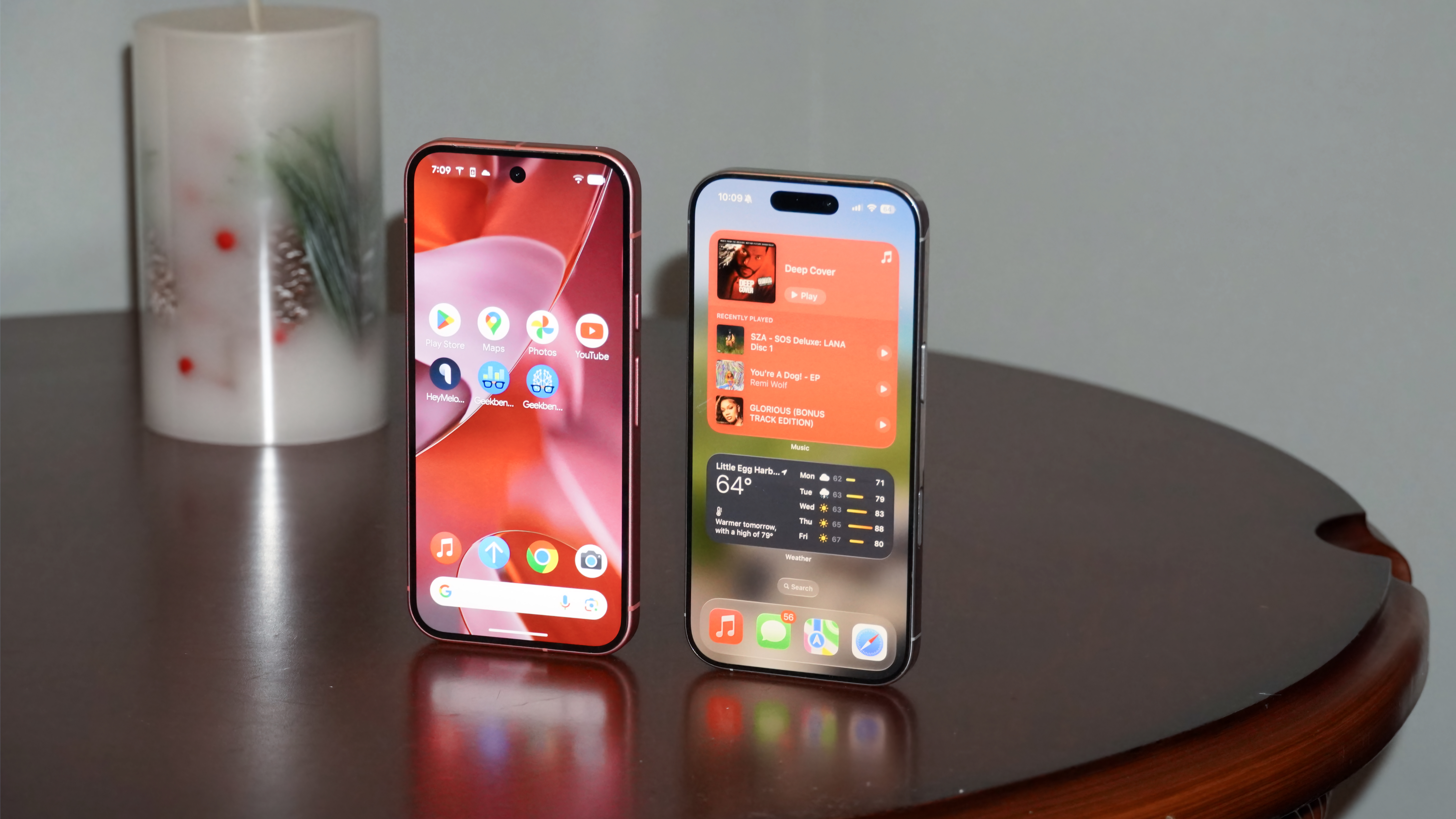
Of course, I can't ask the millions of people who bought a Pixel why they chose it, but I think I know some of the reasons. The first is that it's not the iPhone or a copy of the iPhone.
I know, I know, longtime Android users decree that the Pixel (and any other phone they aren't using) is just an iPhone clone. They're wrong. Looks alone mean nothing; is the iPhone a clone of the Nexus 4, antenna lines and all? Nope.
Some things just work. Smart companies utilize these tools, even if they're trying to invent a new approach in the background. Size, shape, and camera placement are all pretty similar across devices for a reason.
That's why companies aren't talking about their "unique" device corners or glass edges. Remember when Samsung tried that and it flopped? What they are talking about is what the device can do.
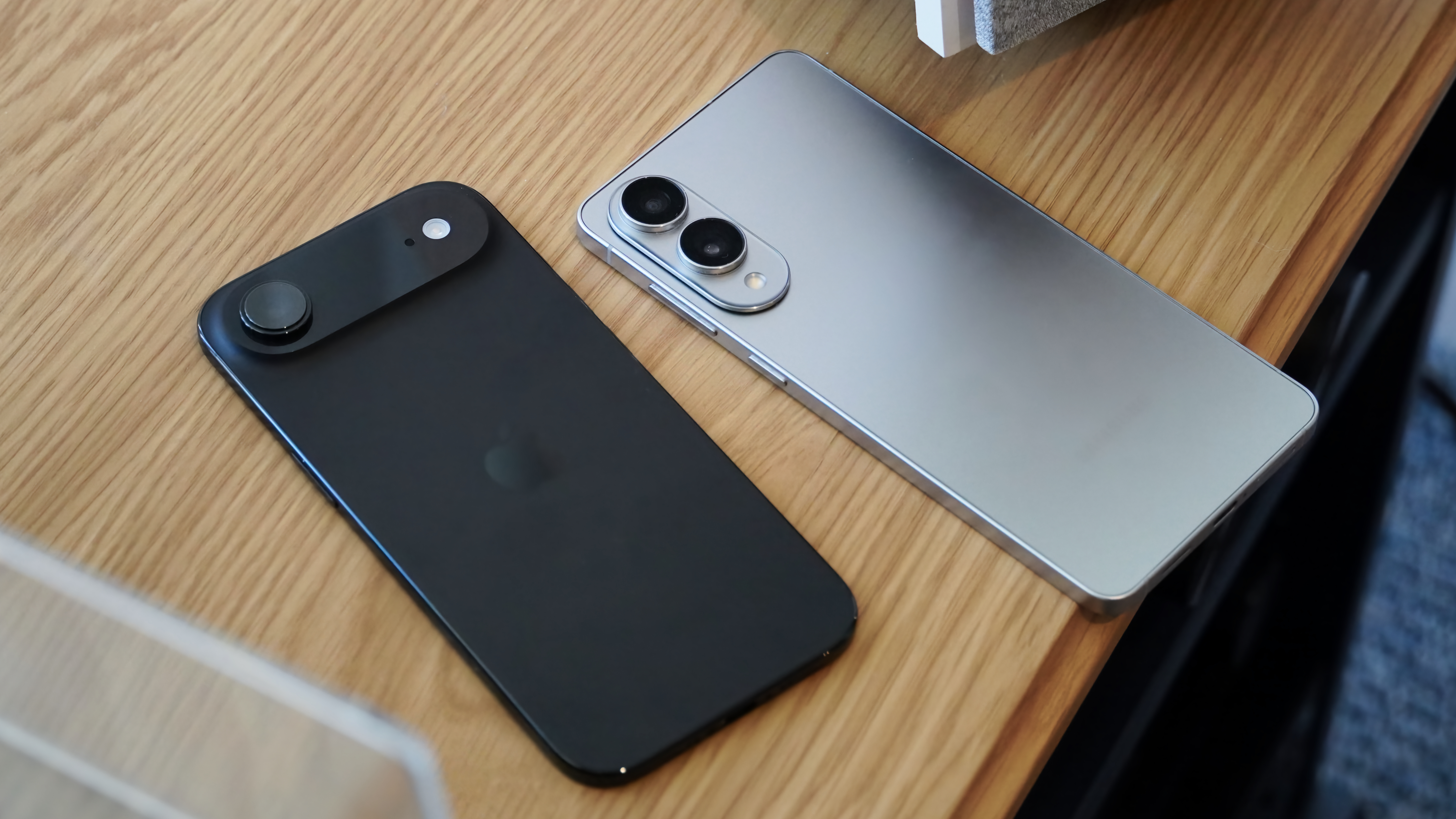
We all have to admit they oversell these things whenever they're up on a stage talking about them, but you can not deny that the Pixel, starting around the eighth generation, has branched off into a slightly different kind of phone. One that does a lot of the thinking for you, if you want, and can even make decisions on your behalf. They tell us we really, really want that.
Other phones can likely do the same, but the fact that the Pixel is ready to do it out of the box is drilled into our consumer minds, and anything we see or hear about it from Google. The iPhone is not. It might not ever be. Apple has an idea of what it wants from an iPhone, and the company is stubborn. That's what it will make, and it will not try to chase the features of the Google Pixel.
The two devices are very different once you get past them being rectangular, glass, and metal.
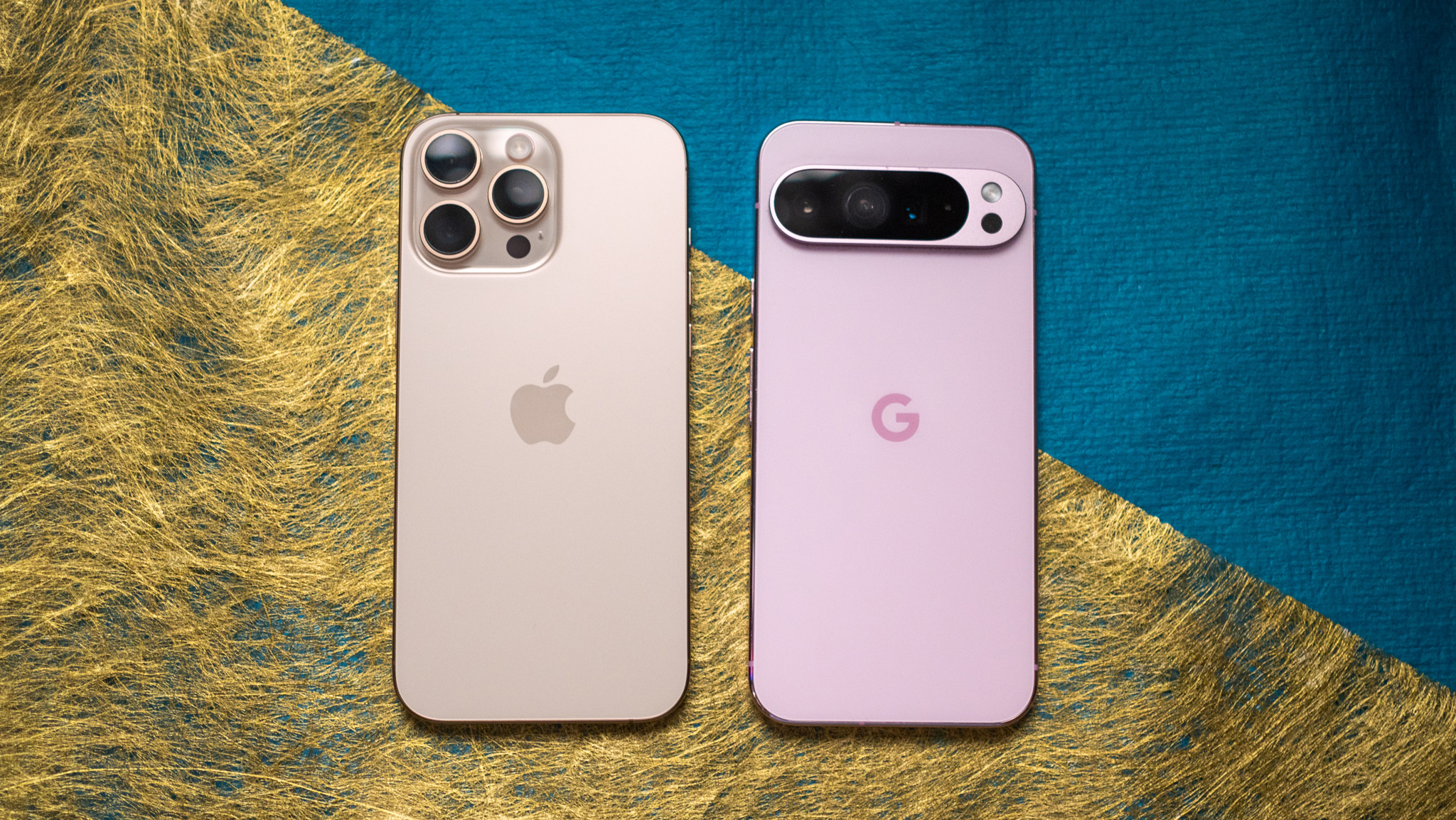
That's also why the Pixel is eating Samsung's sales and not Apple's. It might be easy to switch from Apple to Google and vice versa, but nobody is doing it. The process might be easy, but years' worth of paid media and apps, gigabytes of online storage, and your (almost) complete online identity aren't just coming with you.
I've used Android since the very first Android phone, the T-Mobile G1. It would cost me several thousand dollars to switch to Apple and buy everything I would have to leave behind, and countless hours of transferring what I could bring with me.
I ain't doing all that. Ain't nobody got time for that. You shouldn't do all that without a very good reason, either. If you want something different but not too different, consider getting rid of your Galaxy phone and trying a Pixel. There's nothing to switch unless you tied it to a Samsung account (Don't do that).
One is no better than the other, but they are presented that way. I can tell you that I have a Galaxy S24 Ultra and a Pixel 9 Pro XL on my desk in front of me right now, and other than "exclusive" features, they can both do the same things if you want them to. The companies sort of skip all that during any presentation.
It becomes something made just for you
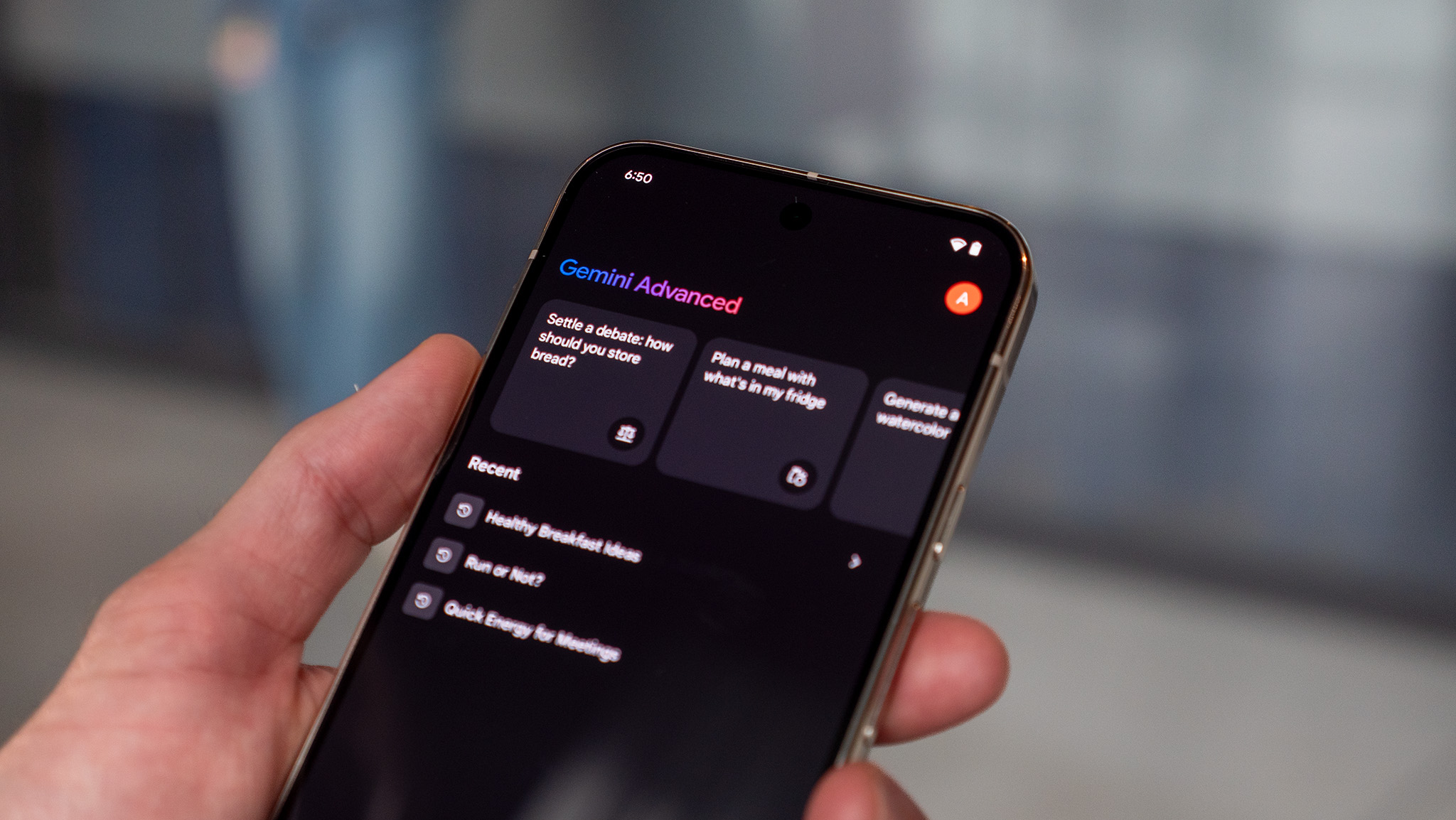
Google makes a big deal over one thing, and you already know what that is: AI.
Love it or hate it, AI has everyone curious, and companies that excel in it, like Google, are capitalizing on that fact. Google quickly realized that instead of building all that fancy AI "uniqueness" into Android, it could sell its own products, touting them as the future you want.
I'm not sure if it really is the future we want or need, but Google wants me to think it is. My Pixel will morph into some amazing JerryPhone just by using it alongside all those advanced learning AI features, making it more personal, smarter, and made just for me.
I will admit that plenty of those little tricks are pretty neat. I'm going to bet that they are also tricks Apple could make Siri or Apple Intelligence do, or that Samsung could wrangle into Galaxy AI (and it's starting to do just that), and this is nothing unique to Google. In 2025, the "special hardware" needed to be an AI powerhouse is now inside every premium phone, no longer a Pixel-only affair.
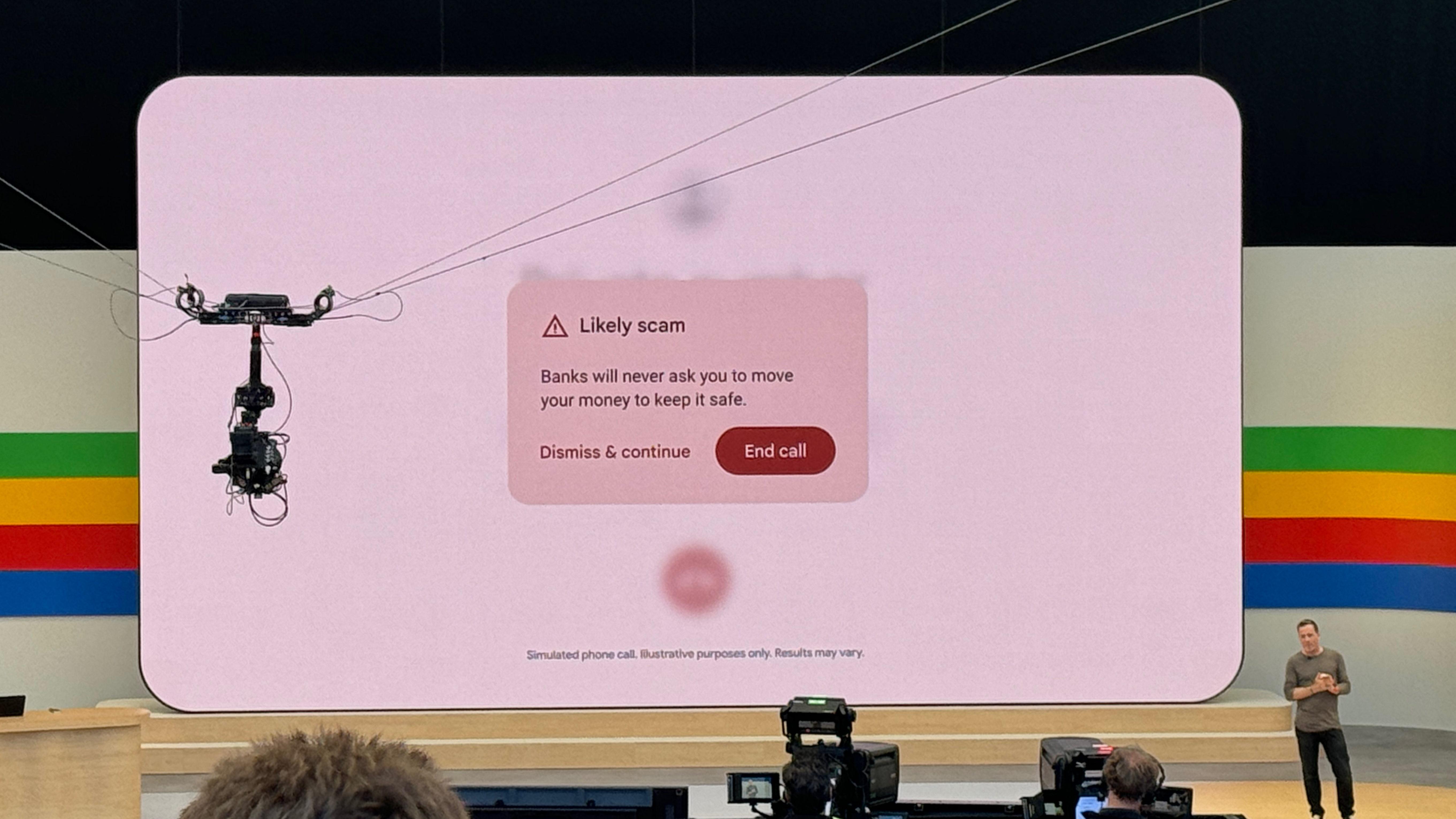
This works because on the surface, it's true. Google does not stand up on a stage and tell lies about what the latest product it sells can and can't do. It will do everything advertised once you open the box.
Google just wants to make sure you know that it thinks this is more useful than what other products offer and dares you to try it and see for yourself. It's an opinion that Google is allowed to try to convince you to agree with. And it's working.
I'll go out on a limb and say that this trend will continue and Google will sell more Pixel phones next year than it sold this year. Smartphone enthusiasts always crave something new and innovative. When we hear the promises (which tend to be mostly true), we bite if we see a device at the right price, especially around the holidays, such as on Black Friday.
Eventually, Samsung or Apple will have something so new and so good we can't live without it, and we'll see things level out.
FAQ
How has the Pixel's share in premium devices grown in the U.S.?
In 2022, the Pixel held less than 1% of the premium market share, whereas by 2025, it had achieved a 7% share of premium devices sold in the U.S., marking significant growth. In September 2025, sales of the Pixel increased by 28%, marking the largest single-month rise for Google's smartphone lineup.
What are some of the biggest factors contributing to Pixel growth?
The main factor is Google's heavy emphasis on Artificial Intelligence (AI). While other companies focus on specs and performance, Google markets the Pixel as a more personal phone that does a lot of the thinking for you and can even make decisions on your behalf, effectively morphing the device to fit the user's needs.
Does the Pixel growth affect Apple or Samsung more?
While there's probably a small percentage of Apple users moving to Pixel, it's likely Samsung that is most affected by its growth. This is due to the fact that switching between Android phones is much easier than switching entire ecosystems, even if the process has become easier between iOS and Android. As a result, Samsung has lost market share since 2022, while Apple and Google have gained.







